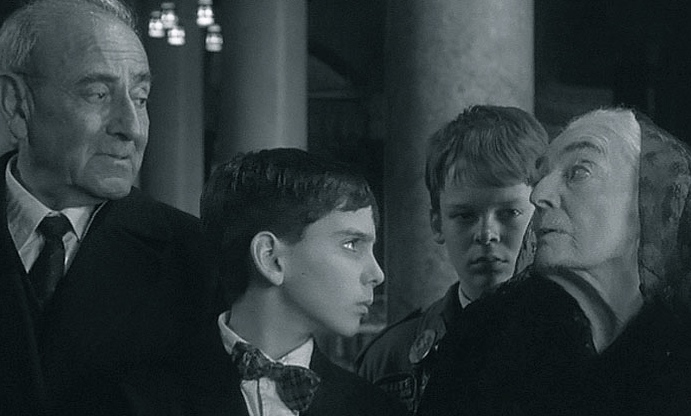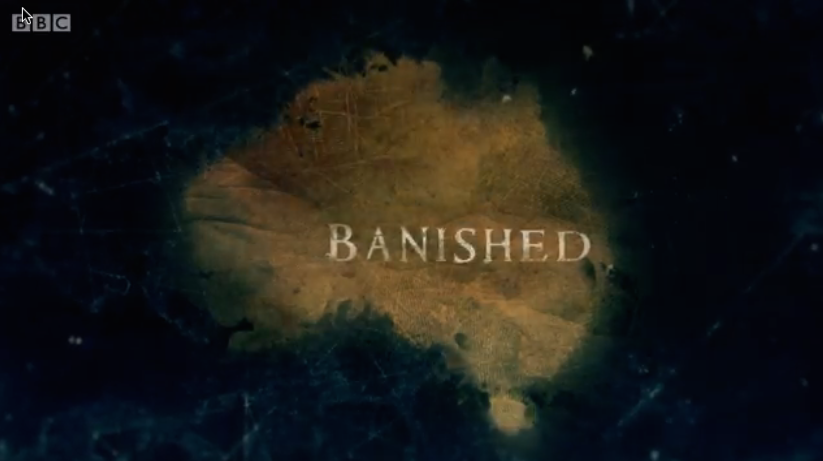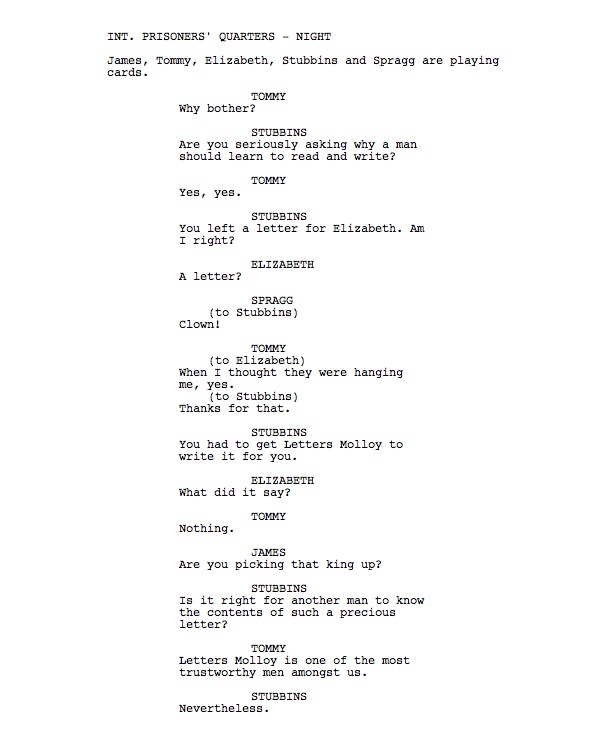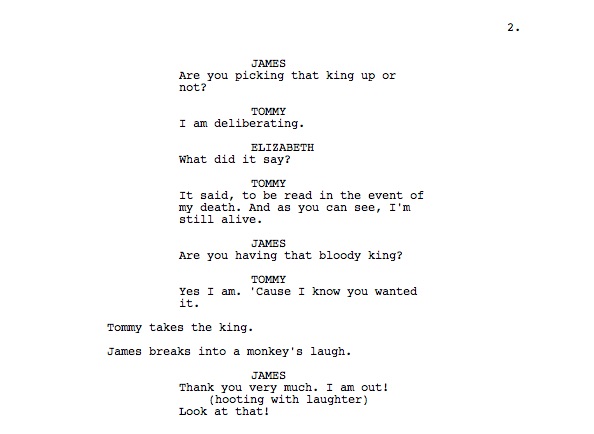- Produced by Channel Four Films, it was one of only a handful of movies made in the UK in 1989.
- It was the first feature film for both its writer, Tony Grisoni, and its director, John Amiel.
- The Sunday Telegraph described it as “magnificent” and “one of the most magical movies ever made.”
With that sort of praise, you might think “Queen of Hearts” was a landmark British cinematic event that has taken its rightful place as one of this eclectic nation’s best-loved films. But you’d be wrong. Nobody even knows where the negative is! So when the email came through inviting me along to the Barbican to watch “Queen of Hearts” in the company of Tony Grisoni and actors Joseph Long (Danilo Luca), Ray Marioni (Mario) and Tat Whalley (Beetle), I couldn’t resist. Here are seven writing tips I came away with:
1. Passion
Tony Grisoni sat down to write a film he wanted to see. Not a film he thought would sell. Not a bland, “me-too” film he thought was safe. A film with a great story he wanted to see himself. And the passion shows.
2. Authenticity Versus Autobiography
The Luca family feels so authentic, lots of audience members mistakenly believe this must be Tony’s autobiography. That authenticity may derive in part from his experiences as a Brit of Italian extraction informing the story, but it is a false biography.
Credit must go to the actors too, of course. When you watch the performances, you can’t imagine any other actor playing those parts. Joseph Long, who plays happy-go-lucky Danilo Luca in the film, explained that Jon Amiel helped the actors to really inhabit their character by improvising the scenes that might have happened before the scene they were to shoot.
Joseph also brought along the pack of cards and a lighter he used in the film – the former belonging to his Uncle Salvatore and the latter to his Father. These were objects brought from Italy to this country by real Italian immigrants and helped the actor to create his multi-layered “Danilo”.
Appropriately for a story about the drama of being a part of a family and the way we mythologise things that happen within these mini tribes, this film was evidently made with a genuine sense of family, fun and collaboration. Those in the audience who were related to the actors who played in the film, or who had been extras in it themselves, spoke movingly of what an important event this film was and continues to be in their lives.
3. Finding A Way Into The Story
Little Italy was the inspiration. Tony was intrigued by the idea of a hidden corner of London where the rules are different, so the story began with a sense of place. It took five years to take shape. Finding Eddie Luca as the narrator – seeing it all through the eyes of a ten-year-old boy – was the key into the story-world.
4. Discover Your Inner Actor
“There’s a lot of acting involved in writing,” says Tony. “You pretend. You spend your day doing what other people gave up doing when they were twelve!” Later, when audience members lay claim to your characters and tells you so-and-so was exactly like this, that or the other member of their family, you know you’ve done something right.
5. Representation
The film portrays the Italian-British community - one not often seen in British films, despite its size and reach. This is in direct contrast to the situation in the USA where there is a lot of representation of the Italian-American community on film. Tony puts this down to power in the film industry. Who makes films? They’re the ones who ultimately decide who gets represented. In the States there are lots of Italian-Americans involved in film (think Capra, Coppola, De Niro, Pacino, Scorsese, Tarantino…), but that’s not the case in this country.
You could say the same thing about the Greek community, the Kurdish community, the Pakistani community - or any other community you might care to mention.
6. Story Trumps Everything
Finding a community hitherto unexplored on film is a marvellous opportunity for writers old and new to find a fresh setting for universal stories with unique, often quirky details. However, story trumps everything - even good intentions regarding representation.
7. Stick Your Neck Out For Your Story
Tony was not on the set much of this, his first film. That’s something that has changed over time. Now he stays with the story through to post-production. As a parting piece of advice, he encouraged writers to stick their neck out for their story. Of course the story is going to develop and change through collaboration as the production progresses, but the writer should lead that process. That’s the job of the writer.
You, the writer, are the guardian of the story.
Final Word
My heartfelt thanks go to Nicola Gallani of Arrivederci Films for organising this event and to Tony Grisoni, Joseph Long, Ray Marioni, Tat Whalley and all the members of the Italian-British community who came along and warmed up a drab, damp Saturday afternoon.
If you’d like to see “Queen of Hearts”, there’s another screening at the Italian Social Club in Clerkenwell on April 17th, 2015. Check the website of Arrivederci Films for details.




 Flux RSS
Flux RSS
